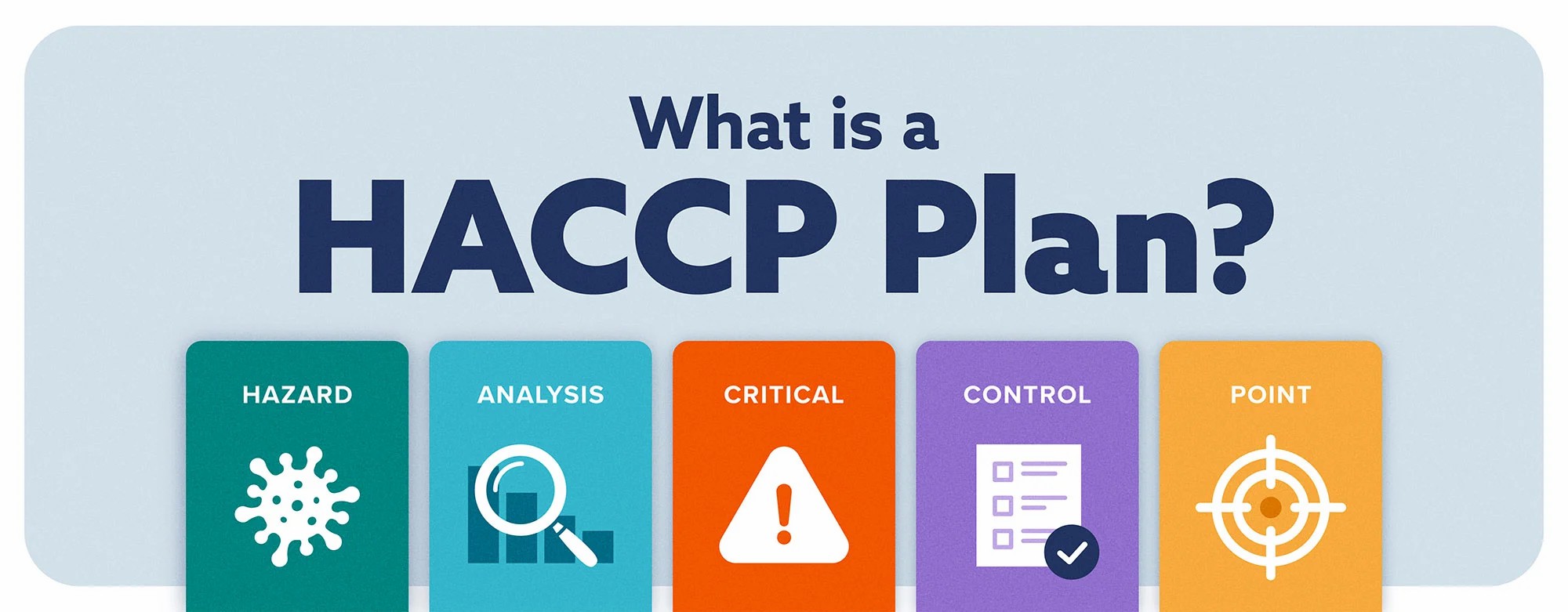HACCP Certification: A Vital Requirement for Food Safety Compliance in Dublin, Cork, and Beyond
In the vibrant food landscape of Ireland, from the bustling streets of Dublin to the picturesque coasts of Galway, food businesses are mandated to prioritize food safety compliance. HACCP training is at the heart of achieving this goal. Understanding the importance of developing and implementing a solid Hazard Analysis and Critical Control Points (HACCP) plan not only safeguards public health but also enhances your business reputation.
What is HACCP?
HACCP stands for Hazard Analysis and Critical Control Points. It is an internationally recognized system designed to manage food safety by identifying, evaluating, and controlling potential hazards during food production and preparation. By following HACCP principles, businesses in Dublin, Cork, Galway, Limerick, Waterford, and Belfast can mitigate risks of contamination and ensure the safety of food products.
The Importance of HACCP Training
Obtaining HACCP Certification through structured HACCP training courses provides numerous benefits for food-related businesses:
- Full Compliance with Food Safety Regulations: HACCP training equips managers and staff with the knowledge needed to comply with Irish and EU food safety laws. It ensures that your business adheres to strict regulations, avoiding potential fines and legal ramifications.
- Risk Reduction: A well-implemented HACCP plan significantly reduces the risk of foodborne illnesses, ensuring safer food for consumers while protecting your brand’s reputation.
- Enhanced Food Handling Standards: Structured training improves food handling practices among staff, resulting in overall improved hygiene and safety standards in your business.
- Public Health Protection: Proper implementation of HACCP principles ensures that the food you serve is safe, providing peace of mind to your customers and strengthening community health.
The HACCP Process for Food Businesses
Implementing an effective HACCP plan involves several crucial steps:
- Conduct a Hazard Analysis: Identify potential food hazards that can affect the safety of your products, such as biological, chemical, and physical hazards.
- Determine Critical Control Points (CCPs): Establish points in the food production process where control can be applied to eliminate hazards or reduce them to safe levels.
- Set Critical Limits: Establish measurable limits for each CCP, often related to temperature, time, pH, or other factors.
- Establish Monitoring Procedures: Determine how you will monitor each CCP to ensure compliance with established critical limits.
- Corrective Actions: Develop procedures to be followed when monitoring indicates that a CCP is not within acceptable limits.
- Record Keeping: Maintain comprehensive records to document compliance with HACCP requirements.
- Verification: Regularly review and verify that the HACCP system is functioning effectively and make adjustments as necessary.
Choosing the Right HACCP Training Course
In Ireland, there are various HACCP training options available, including:
- Online HACCP Training: Flexible training suited for busy schedules, allowing participants to learn at their own pace.
- In-Person HACCP Training: Interactive courses that foster teamwork and hands-on learning, ideal for small to medium-sized food businesses.
When selecting a training course, look for HACCP Level 1 & 2 options combined with food safety management training, and ensure the provider has a strong reputation and meets industry standards.
Common Mistakes in Implementing HACCP
Once you’ve received HACCP certification, it’s essential to avoid common pitfalls that hamper the effectiveness of your HACCP plan:
- Inadequate Training: Ensure all staff are well-trained on HACCP principles to promote consistency and compliance across operations.
- Poor Documentation: Maintain clear records of all processes, which is crucial for compliance and audits.
- Ignoring Corrective Actions: Failing to act when problems arise can lead to serious food safety issues.
The Business Impact of HACCP Compliance
Achieving full HACCP compliance not only ensures the safety of your products but also enhances consumer trust. Businesses in Dublin, Cork, Galway, Limerick, Waterford, and Belfast that prioritize HACCP certification find improved operational efficiencies, lower rates of contamination, and reduced liability risks.
Conclusion
In the competitive food industry, HACCP training is not just a regulatory requirement; it is a business imperative. By prioritizing food safety and seeking HACCP certification, you demonstrate a commitment to public health and quality, setting your business apart.
Ready to enhance your food safety practices? Enroll in our HACCP training courses today!
For more inquiries, reach out at [email protected].



 349,500 Offered Certificates
349,500 Offered Certificates
 24/7 Online Training
24/7 Online Training
 Money Back Guarantee
Money Back Guarantee
 Fully Accredited Courses
Fully Accredited Courses
